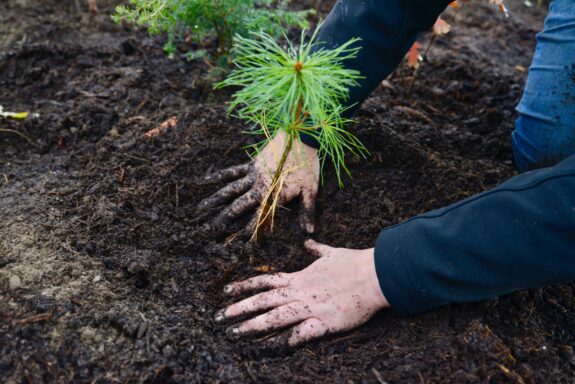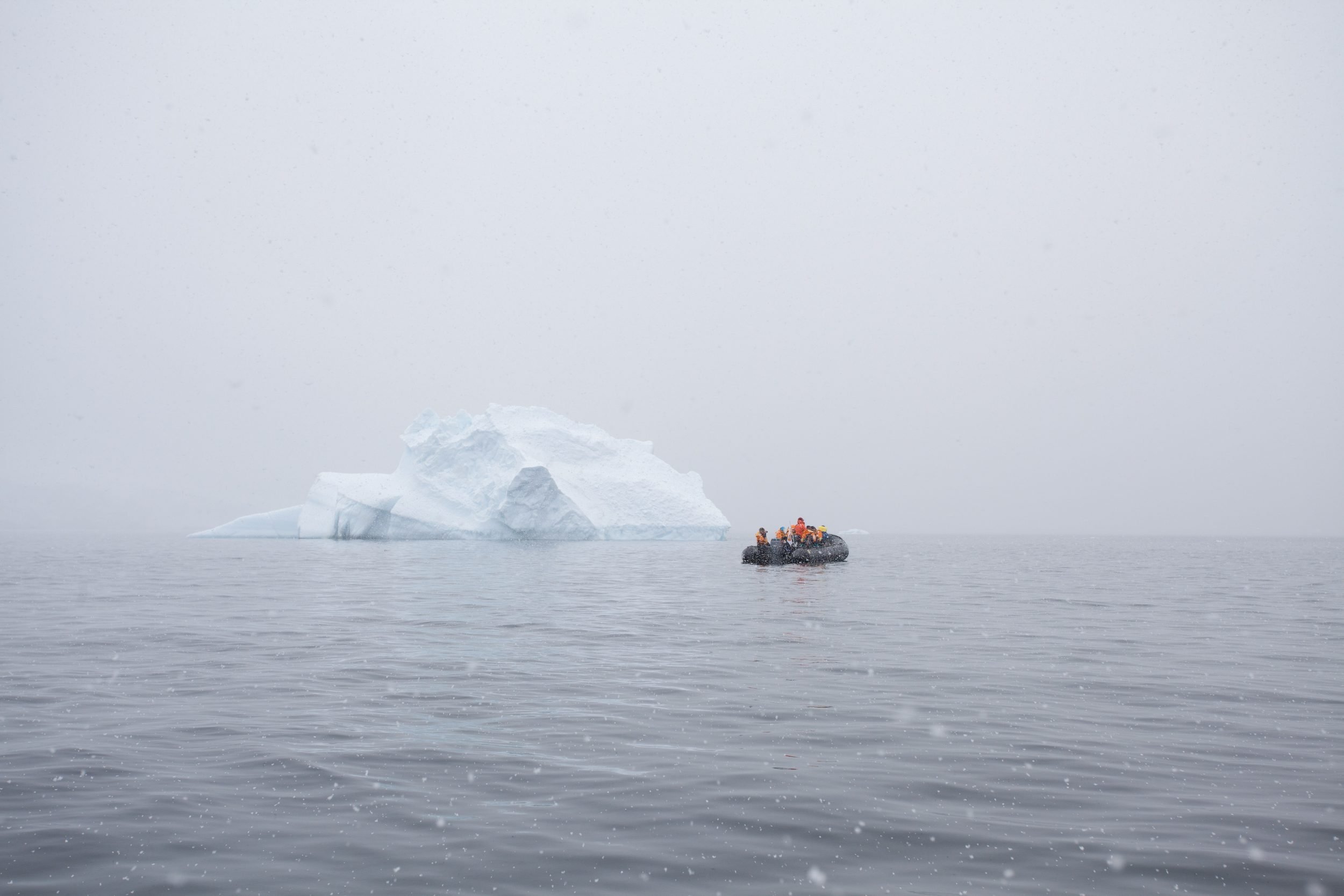Toronto and Region Conservation Authority plants Mini Forest in collaboration with Canadian Geographic and the Network of Nature
For Immediate Release
September 25, 2023 – Toronto and Region Conservation Authority’s (TRCA) Sustainable Neighbourhood Action Program (SNAP) is planting 300 trees as a part of its participation in the National Mini Forest Pilot — an initiative of the Network of Nature led by Green Communities Canada and Canadian Geographic supporting communities across the country that want to enhance their urban forests in a period of climate change.
The event will take place on Saturday, September 30th, 2023, from 10 AM – 2 PM, at 8 Oakvale Avenue, Toronto ON. The mini forest will be planted together with participation from The Pocket Community Association (PCA), local residents of The Pocket, broader City of Toronto residents, and local stakeholders.
This 100 m2 site will see the installation of 300 native trees and shrubs, benefiting the Pocket SNAP neighbourhood and helping to build local climate resilience.
“The Pocket neighbourhood is thrilled to plant this magnificent tiny forest in our community. We thank TRCA for choosing us to partner in this innovative effort to combat climate change and help further our community’s goal to be carbon neutral,” said Jeff Otto from the PCA.
“Canadian Geographic is supporting the Mini Forest project because we have mapped the effect of climate change on Canadian forests over the past 100 years. We know the devastating impacts forest fires are having on communities across the country, evacuations are now commonplace during the summer months and replanting trees will be part of the recovery process,” said Aran O’Carroll, National Director for the Environment from Canadian Geographic.
Mini forests will contribute to Canada’s goal to plant two billion trees by 2031 and are great tools to address climate change and biodiversity loss.
Mini forests are communities of native trees and shrubs planted tightly together in a technique modelled after the Miyawaki Forest method. This planting strategy emphasizes dense plantings, diverse native species, rich soil preparation, and multilayered design to mimic the complexity of a mature native forest.
Where traditional urban tree planting might space trees 10 meters apart, this technique plants a minimum of 3 stems per meter squared instead. Trees and shrubs planted at these sites compete for sunlight, quickly growing upwards, leading to accelerated growth. These dense and diverse sites support biodiversity, sequester carbon, and build climate resilience while offering beautiful new pockets of nature for community members to enjoy.
While Miyawaki Forests have been planted around the world, the approach is less common in Canada, and participants of the National Mini Forest Pilot have received training throughout project planning from the Network of Nature and Green Communities Canada to help ensure the greatest planting success.
About Toronto and Region Conservation Authority (TRCA)
Since 1957, Toronto and Region Conservation Authority (TRCA), as enabled through the provincial Conservation Authorities Act, has taken action to enhance our region’s natural environment and protect our land, water, and communities from the impacts of flooding and increasingly extreme weather events – Ontario’s leading cause of public emergencies.
As the region’s first line of defence against natural hazards, TRCA maintains vital infrastructure and provides programs and services that promote public health and safety, protecting people and property.
TRCA mobilizes a science-based approach to provide sound policy advice, leveraging its position as a not-for-profit operating in the broader public sector to achieve collective impacts within our communities and across all levels of government.
TRCA’s jurisdiction includes nine watersheds and their Lake Ontario shorelines, spanning six upper-tier and fifteen lower-tier municipalities and representing almost five million people, approximately 10% of Canada’s population.
To learn more about TRCA, visit trca.ca
TRCA’s Sustainable Neighbourhood Action Program (SNAP) aims to accelerate the creation of sustainable neighbourhoods in older urban areas by providing a neighbourhood-based solution for achieving greater impact in urban renewal and climate action. SNAP works with and engages private and public landowners to co-design and implement green infrastructure projects that build neighbourhood resiliency.
ABOUT THE NETWORK OF NATURE PARTNERS
Canadian Geographic is a national charity dedicated to making Canada, and its native plant species, better known to Canadians and the world and to advancing a Healthier Planet. Dougan & Associates is a leading ecological consulting and design firm specializing in native plant species conservation and restoration. Green Communities Canada is a membership-based organization that has been leading a community-based climate action movement to advance transformative, equitable, and lasting change. Wilder Climate Solutions imagines and delivers nature-based solutions anchored in science and focused on driving big results.
Social Media Handles:
X (formerly Twitter): @CanGeo @networkofnature, @grncommunities, @TD_Canada, @greenbeltca
Facebook: @CanGeo @networkofnature, @greencommunitiescan, @TDCanada, @ontariogreenbelt
Instagram: @CanGeo, @networkofnature, @greencommunitiescan, @tdbank_us, @ongreenbelt, @wilderclimatesolution
Media information:
Keegan Hoban Communications Coordinator Canadian Geographic [email protected] (877) 786-1376 ext. 138



